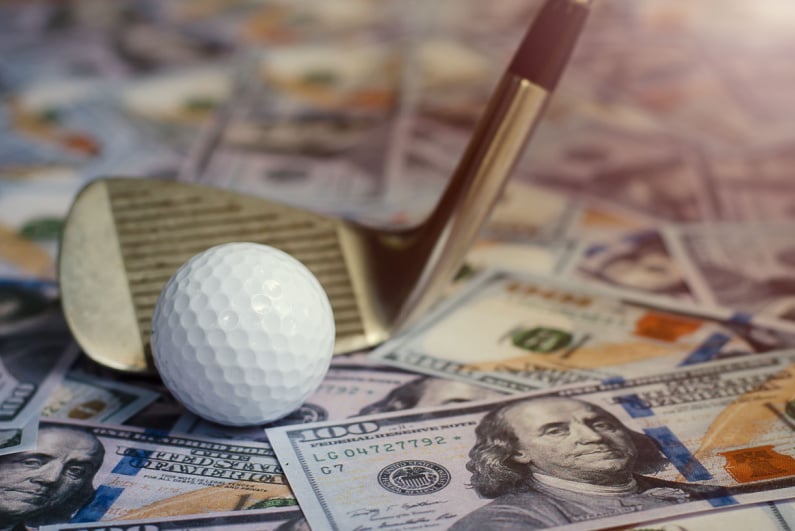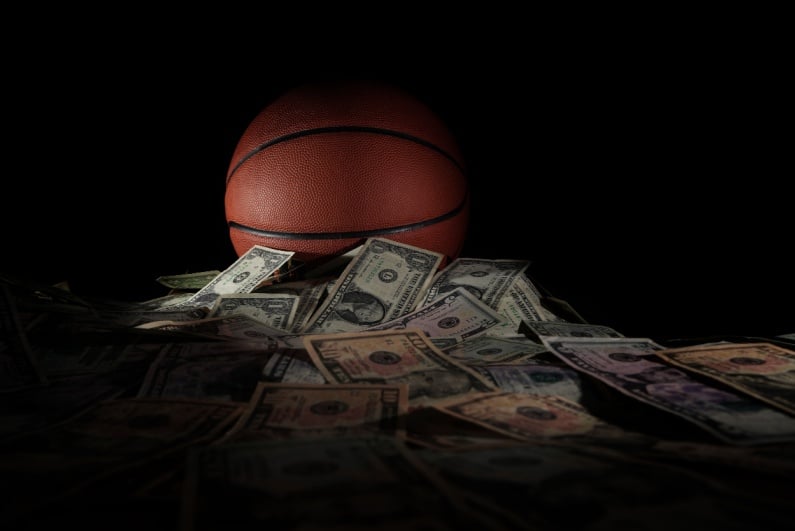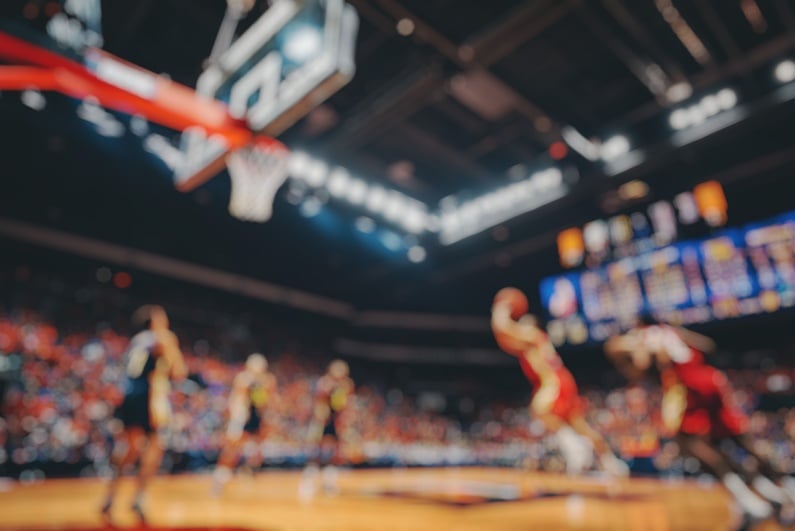Fan disruption
Recently, a number of PGA tour golfers have drawn attention to a growing problem. Fans are interrupting their shots during events, and the players are blaming the increase in sports betting. People can now wager on every single shot in a tournament, even guessing if a player’s next shot will land on the fairway.
one fan yelled at him to pull his putt on the 17th hole
Six-time Tour winner Max Homa spoke after his third round at the BMW Championship on Saturday. He said one fan yelled at him to pull his putt on the 17th hole while he was in the middle of his shot. The 32-year-old discovered that the fan had made a $3 side bet with someone else in the gallery.
Meanwhile, world number three John Rahm claimed on Tuesday that players hear fans talking about gambling “every single round.” Four-time Major winner Rory McIlroy also called out the issue this week, asserting that golf has to remain vigilant about the growing interest in betting. The Northern Irish pro confirmed that the topic has regularly come up for discussion at Tour meetings.
Betting isn’t just reserved for the fans though, with golf pros engaging in high-stakes games on a regular basis against their fellow pros and other high-net-worth individuals. This all leads to the question – does golf have a gambling problem?
Betting in the game
Over the years, fans have heard about plenty of big-money wagers between players during practice rounds for tournaments. An undercover pro told Golf Digest in 2017 that most people will have money on the line during Tuesday and Wednesday practice rounds, some of which can have as much as $10,000 riding on them.
The source went on to describe how he would even bet with some playing partners during tournament rounds if he and the rest of the group weren’t performing well in the standings. “The glory of taking a few hundo off a colleague becomes more interesting than a potentially slightly larger cut of a purse,” the undercover golfer explained.
Although he admitted that you could call him a “degenerate,” the golfer argued that gambling on otherwise fairly meaningless rounds would allow him to prepare for high-pressure situations where there was more importance on each shot.
A glimpse within
Fans are now getting to peak behind the curtain of gambling in professional golf circles. LIV Golf players Phil Mickelson, Bryson DeChambeau, Cameron Tringale, and Anirban Lahiri featured in a recent YouTube video showcasing every shot in a two-vs-two nine-hole match. They agreed to a $1,000 prize for the winning team, which would double if the victorious pair shot a best-ball score of 28 or less:
Structured high-stakes matches have even appeared on mainstream television. In a first-of-its-kind showing, TNT broadcast an 18-hole match between Phil Mickelson and Tiger Woods, with $9m going to the ultimate winner and plenty of side bets also taking place throughout. This included $200,000 on Mickelson birdying the first hole and the pair betting six figures on who would get closest to the pin on certain holes.
Normalizing gambling
Many top golfers have money to burn, having earned tens of millions on and off the course during their careers. While the mouth-watering sums they often play for might seem like pocket change to them, it’s life-changing money for the average Joe. It has been argued that the attention these bets get also normalizes gambling to potentially vulnerable groups, including children.
The popular Netflix show “Full Swing,” for instance, focuses on the PGA Tour’s 2022 season and has a wide-ranging audience base. One of the first scenes shows Jordan Spieth and Justin Thomas sitting on a private plane, betting $1,000 trying to guess what card would come out of the deck next.
The constant action also can have a severely negative effect on the players, with six-time major winner Phil Mickelson admitting to “reckless” gambling and ultimately seeking help. Recent revelations from professional sports bettor Billy Walters’ book claim that his former gambling buddy Mickelson has lost about $100m over the years betting on sports.
Will anything change?
While many amateur golfers like having a bit of extra skin in the game when playing with their friends, there comes a point when someone needs to ask if gambling in golf is going too far.
doesn’t seem to be present in any of the other major US sports
The same level of betting action between professional players doesn’t seem to be present in any of the other major US sports. The braggadocio nature in which many of them talk about their big betting wins and losses also doesn’t do anything to limit the potential impact these stories have on a younger audience.
Add in the spread of legal sports betting across the nation and the rising number of on-course incidents involving fans, and it all results in a potentially potent mix. Golf officials undoubtedly need to heed the words of McIlroy and remain vigilant to the ever-growing issue.




